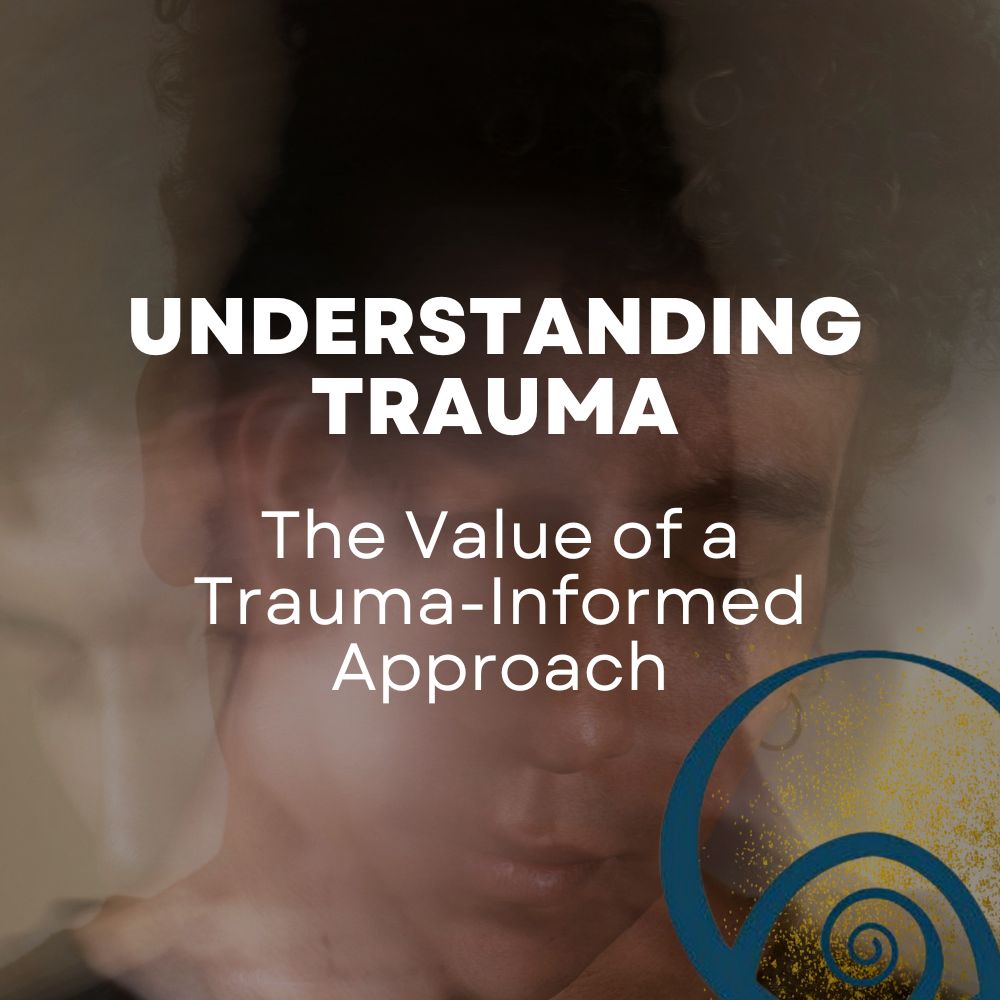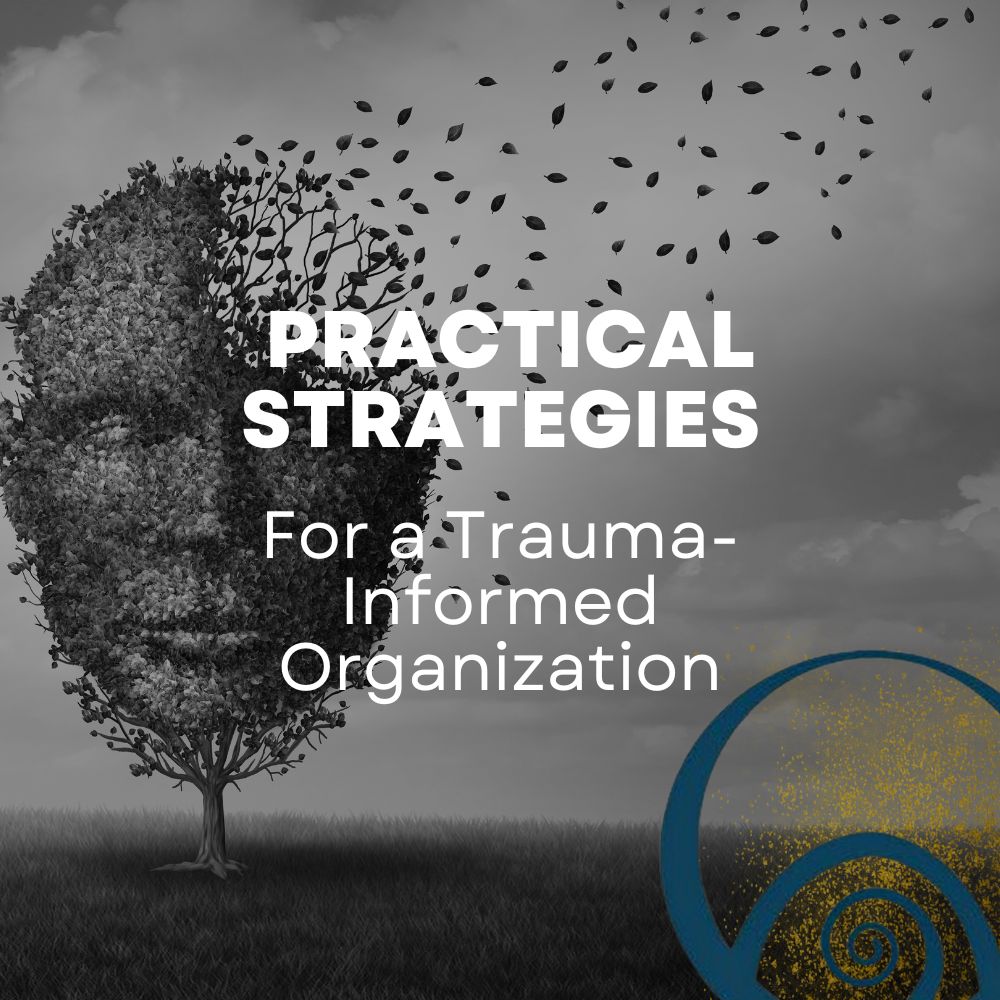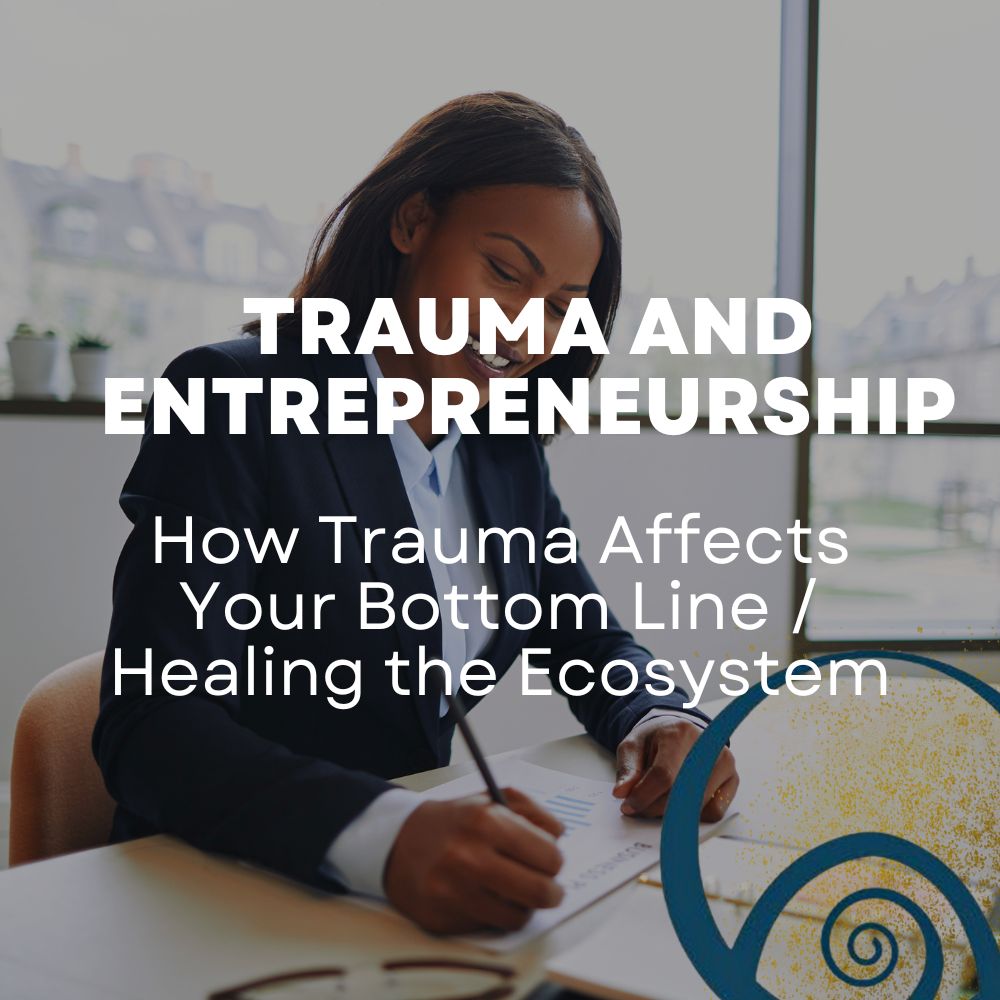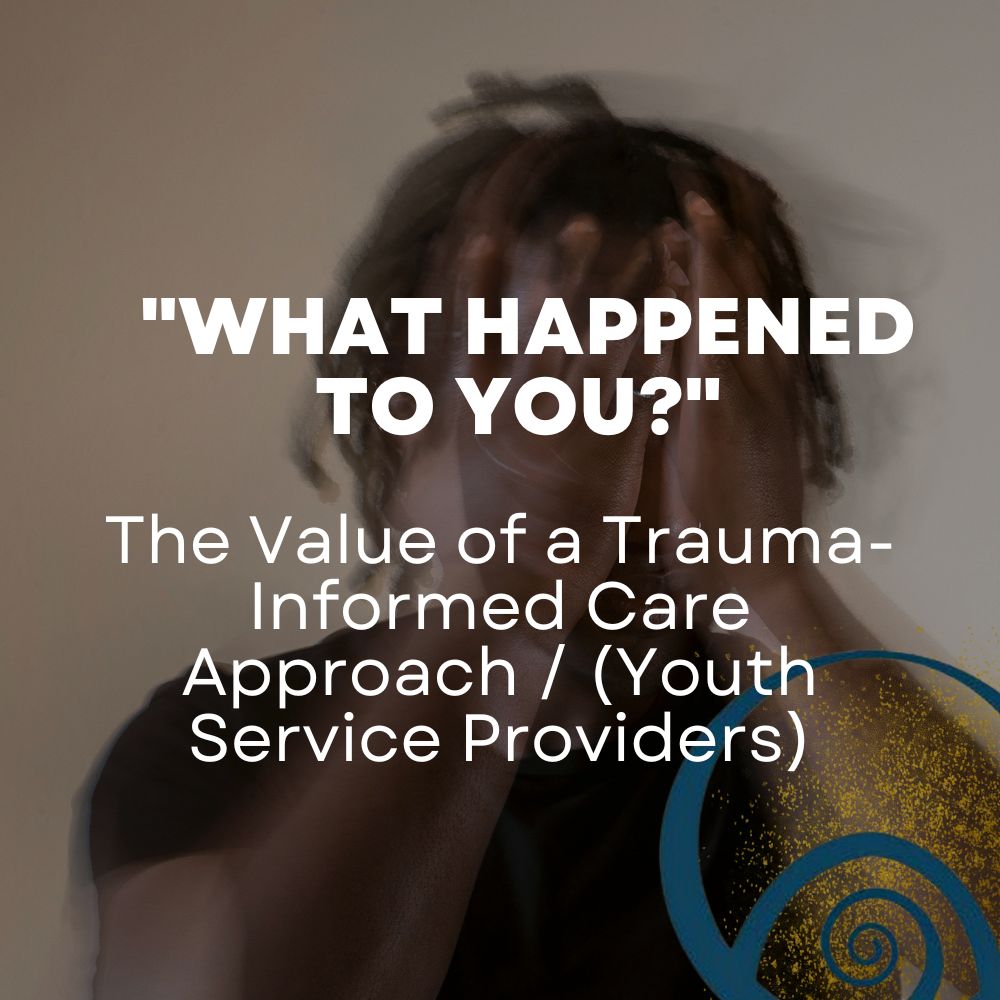Trauma-Informed Training
KABOD CONSULTING
In today’s society trauma has affected nearly everyone directly or indirectly. Often trauma survivors are unintentionally re-traumatized by well-intended people who just don’t have the knowledge or tools needed to minimize or eliminate further harm. KABOD’s Trauma-Informed trainings are aimed at non-clinical service providers who work with children, adolescents, and adults in any setting.
All Trauma-Informed Care training includes an onsite Therapeutic Support Specialist for the duration of the training and a specified time thereafter.
All Trauma-Informed Care training includes an onsite Therapeutic Support Specialist for the duration of the training and a specified time thereafter.
TIC 101: Understanding Trauma
This training is designed to support organizations in creating safer physical and psychological environments that reduce the likelihood of re-traumatization. The training will guide participants toward building an inclusive and therapeutic community that advances equity for all.
- What is Trauma?
- How unresolved trauma is manifesting in your life
- 4 R’s of a Trauma-Informed Organization/ Business
- How to Apply Trauma-Informed Practice in Our Work


TIC 201: Practical Strategies for a Trauma-Informed Organization
Training designed to teach the practical application of trauma-informed principles in the workplace. This training focuses on activating compassion, utilizing emotional intelligence, and creating safer physical and emotional environments for themselves, clients, families, and staff.
- Create environments that care for and support
- Increase quality of services
- Reduce unnecessary interventions, reducing costs
- Reduce negative encounters and events
- Create opportunities for choice, power, and control
TIC 102: Trauma and Entrepreneurship
This training was created to strengthen knowledge, communication, understanding, and cultural competence as it relates to trauma and its effects on individuals and systems of both small business owners and the people that support them.
- Create safer physical and emotional environments
- Reduce the possibility of re-traumatization
- Create a resiliency and strengths-based focus
- Improve social environments in a way that improves all relationships


TIC 103: "What happened to you?"
This training is designed to support youth organizations in creating safer physical and psychological environments that reduce the likelihood of re-traumatization. The training guides participants in building a therapeutic community that is responsive to the unique needs of youth experiencing trauma due to neighborhood violence and poverty. In partnership with Street Addiction Institute Inc. (SAII), “What Happened to You” explores holistic perspectives intended to support an increase in quality services, reduce the number and types of negative encounters/events and create opportunities for improved outcomes through inclusive therapeutic responses and interactions.
- Effects of ACES (Adverse Childhood Experiences)
- The Word Gap
- Trauma Mapping
- The Science of Trauma
- The Six Guiding Principles of Trauma-Informed Care
- How to Apply Trauma-Informed Practice in Our Work
- What Does Healing Look Like?

© Copyright
